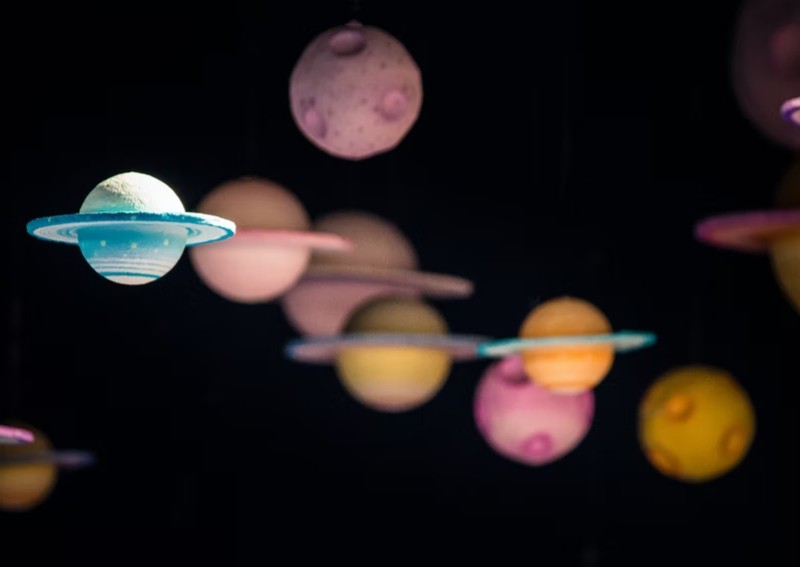Chinese scientists propose ‘religion-free’ calendar for the space age

Chinese space scientists have proposed a universal standard for keeping time across the solar system that, unlike existing systems, does not put the Earth – or religion – at its centre.
A new standard has become necessary as humans have ventured into space, according to their paper published in the peer-reviewed Journal of Electronic Measurement and Instrumentation last month.
Although timekeeping is often taken for granted on Earth, it is a major challenge in outer space. It is impossible to determine the exact time on Mars by syncing it with the time on Earth because it takes three to 22 minutes for a radio signal to travel from Earth to Mars, and the relative position and velocity of the two planets are constantly changing, according to the paper.
To develop a timekeeping mechanism that works beyond Earth, the authors proposed using the solar system’s common centre of mass, or its “barycentre”, as the origin of coordinates to determine locations in space.
The beginning of time could then be defined as the moment a chosen signal from a millisecond pulsar – a highly magnetic neutron star that pulses hundreds of times per second – reached the barycentre, they said.
This is dramatically different from how people tell time now, with our home planet at the centre of the coordinate system and the Greenwich meridian as the reference point. Meanwhile, year 0 in the widely used Gregorian calendar is determined by the purported birth year of Jesus Christ.
“The starting point of time used by the Gregorian calendar that is generally used now is related to religion,” said the researchers, who hold senior positions in the China Aerospace Science and Technology Corporation, the China Academy of Space Technology, and the National Astronomical Observatories in Beijing.
“A new kind of time rule is needed beyond Earth.”
A major challenge in establishing the standard would be picking the specific pulsar and signal for a start time on the calendar, the researchers said.
People have thought about shifting away from Earth-centric timekeeping for a long time, according to astrophysicist Jonathan McDowell of the Harvard-Smithsonian Centre for Astrophysics in the US.
“In fact, astronomers already use such a system when studying signals from outside the solar system with high time precision, or when calculating the positions of the planets,” McDowell said.
China is a rising space superpower, building its own space station in low Earth orbit and racing to set up bases on the moon and send humans to Mars.
In November 2016, China launched an experimental pulsar navigation satellite to test autonomous spacecraft navigation and deep-space navigation using X-ray signals from pulsars.
By measuring when pulsar signals arrive at the solar system’s barycentre, pulsar navigation can help determine the location of a spacecraft in deep space more precisely than the most accurate atomic clocks can for Earth-based satellite navigation.












Leave a Reply